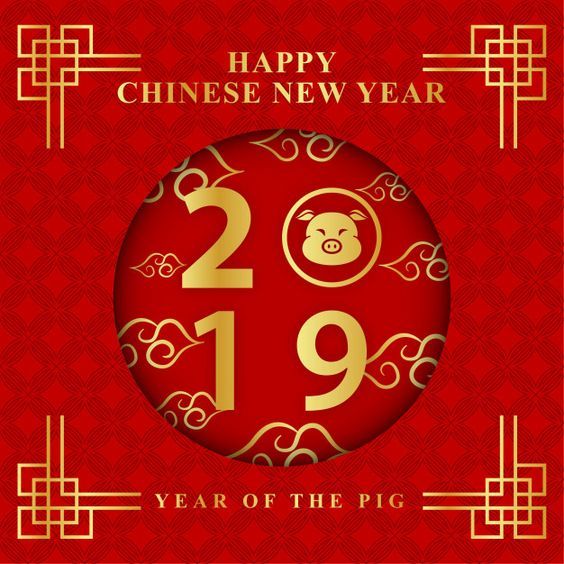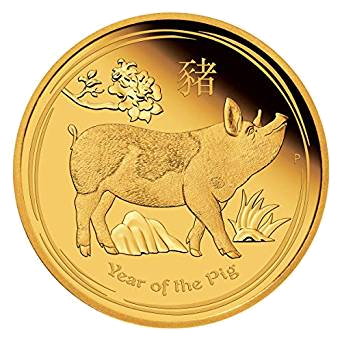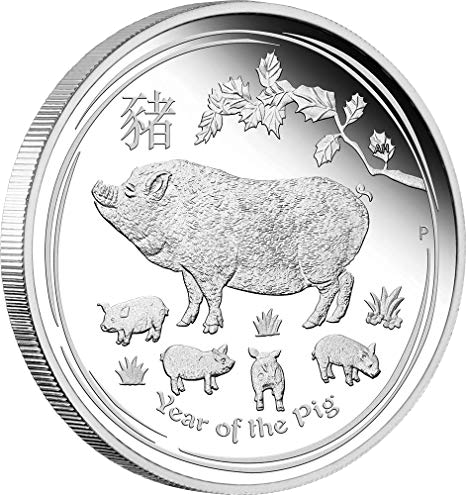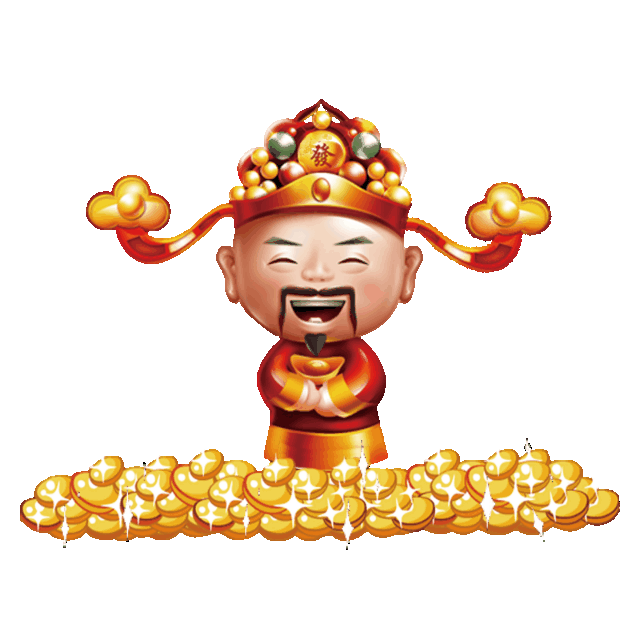When is Lunar / Chinese 🧧 New Year?
When is Lunar / Chinese 🧧 New Year?
Chinese Year 4720 🐯 February 1, 2022
🐅 Sign: Tiger 🐅 Yang Year 🐅
🧧 🎉 🎈 🧧 🎉 🎈 🧧 🎉 🎈 🧧
Chinese Year 4721 - Jan. 22, 2023, Sign: Rabbit, a Yin year
🧧 🎉 🎈
Chinese Year 4722 - Feb. 10, 2024, Sign: Dragon, a Yang year
🧧 🎉 🎈
Chinese Year 4723 - Jan. 29, 2025, Sign: Snake, a Yin year
🧧 🎉 🎈
Chinese Year 4724 - Feb. 17, 2026, Sign: Horse, a Yang year
🧧 🎉 🎈
Chinese Year 4725 - Feb. 6, 2027, Sign: Sheep a Yin year
🧧 🎉 🎈
Chinese Year 4726 - Jan. 26, 2028, Sign: Monkey, a Yang year
🧧 🎉 🎈
Chinese Year 4727 - Feb. 13, 2029, Sign: Rooster, a Yin year
🧧 🎉 🎈
Chinese Year 4728 - Feb 3, 2030. Sign: Dog, a Yang year.
🧧 🎉 🎈
Chinese Year 4729 - Feb 13 2031 Sign: Rooster
🧧 🎉 🎈
Chinese Year Jan 23 2031 Sign: Pig, a Yin year
🧧 🎉 🎈
Chinese Year Feb 11 2032 Rat Wednesday
🧧 🎉 🎈
Chinese Year Jan 31 2033 Ox Monday

Chinese New Years is celebrated by billions of poeple around the world. The
date of Chinese New Years changes every year. It is a 15 day celebration,
beginning on the first day of the new moon, and ends on the full moon. The
celebration on the15th day is called the Chinese Lantern Festival.
Chinese culture is amongst the oldest in the world. While the rest of the
world is in the early years of but the third millennium, Chinese culture
is in their fifth millennium.
In Chinese astrology, every year is represented by an animal. The cycle is
twelve years, with a different animal each year. To find out about your sign,
and what it says about you, see
Chinese
Astrology.
Chinese New years or Spring Festival, is the biggest holiday in Chinese culture.
It is celebrated with festivities, fireworks, brightly colored lights, special
meals with family and gift giving. Like Christmas in the western world, most Chinese travel home to be with family for the new year celebration.
Chinese New Year is the Chinese festival that celebrates the beginning of a new year on the traditional Chinese calendar. The festival is usually referred to as the Spring Festival in mainland China, and is one of several Lunar New Years in Asia. Observances traditionally take place from the evening preceding the first day of the year to the Lantern Festival,
held on the 15th day of the year. The first day of Chinese New Year
begins on the new moon that appears between 21 January and 20 February. In 2019, the first day of the Chinese New Year will be on Tuesday, 5 February, initiating the Year of the pig.

Chinese New Year is celebrated as the national holiday in some
countries around the East Asia such as South Korea, Taiwan, Vietnam,
Indonesia, and Malaysia. It is a major holiday in Greater China and has strongly influenced the lunar new year celebrations of China's neighbouring cultures, including the Korean New Year (seol), the Tết of Vietnam, and the Losar of Tibet. It is also celebrated worldwide in regions and countries with significant Overseas Chinese populations, these including Singapore, Indonesia, Malaysia, Myanmar, Thailand, Cambodia, the Philippines and Mauritius, as well as many Chinatowns and Koreatowns in North America and Europe.


Chinese New Year is associated with several myths and customs. The festival was traditionally a time to honour deities as well as ancestors. Within China, regional customs and traditions concerning the celebration of the New Year vary widely,
and the evening preceding Chinese New Year's Day is frequently regarded
as an occasion for Chinese families to gather for the annual reunion dinner.
It is also traditional for every family to thoroughly clean their
house, in order to sweep away any ill-fortune and to make way for
incoming good luck. Another custom is the decoration of windows and
doors with red paper-cuts and couplets. Popular themes among these paper-cuts and couplets include that of good fortune or happiness, wealth, and longevity. Other activities include lighting firecrackers and giving money in red paper envelopes. For the northern regions of China, dumplings are featured prominently in meals celebrating the festival.















No comments:
Post a Comment